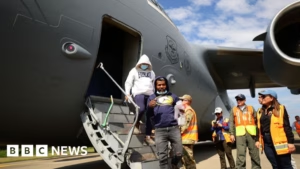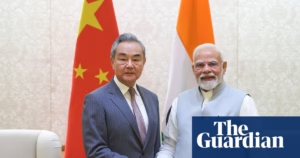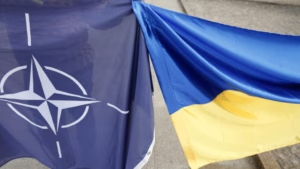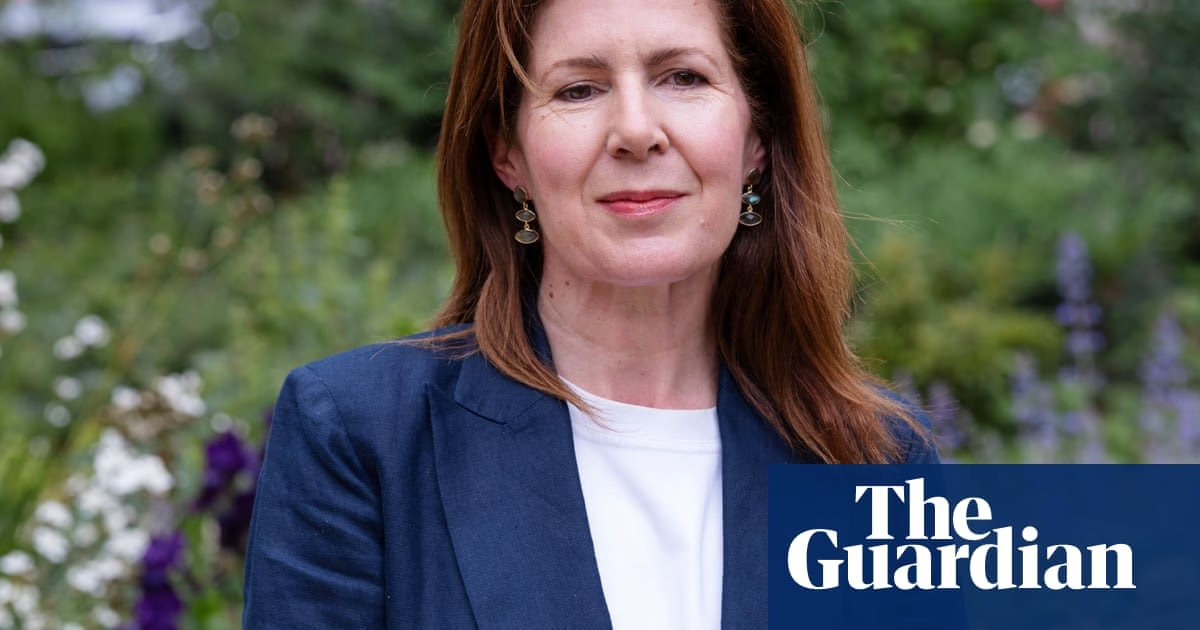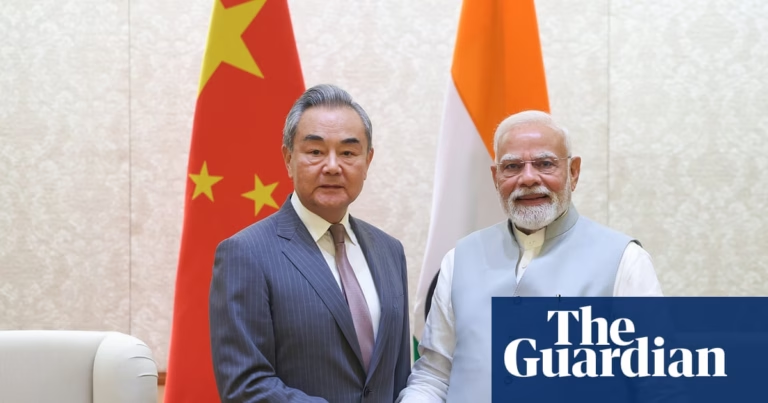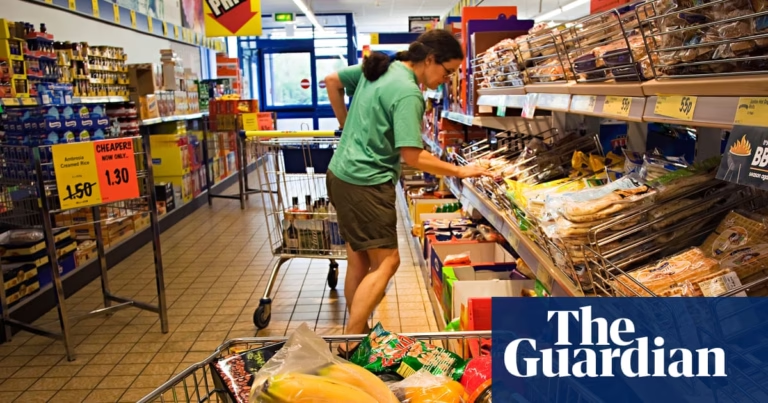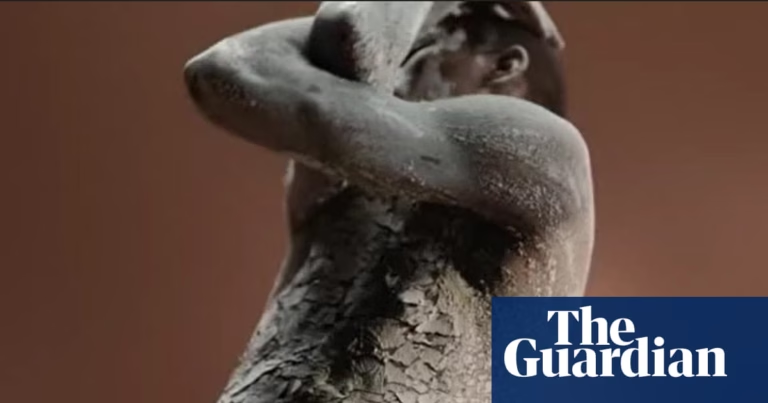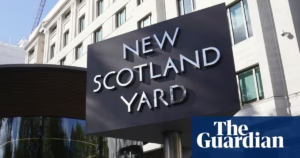Lady Chapman took office in February, following Anneliese Dodds’ resignation in protest of Keir Starmer’s decision to cut overseas aid spending from 0.5% to 0.3% of gross national income to fund increased defense spending. She and her team are thoroughly examining the aid budget to implement deep cuts, viewing this as a long-term necessity rather than a temporary measure.
Emphasizing the permanence of this approach, Chapman referred to it as living in a “0.3 world.” She served as the MP for Darlington from 2010 until 2019 and was granted a peerage by Starmer in 2021.
“I think the aid sector does amazing work, and there are incredible people who’ve dedicated their lives to improving the world. At the same time, the public’s confidence in this cause has waned, and we need to be honest about that. I will work with them to improve this situation,” she stated. “I won’t shy away from tough messages when they need to be delivered.”
Before the 20-year anniversary of the Gleneagles G8 summit, where significant progress on aid and debt relief was secured, Chapman affirmed that Labour can still lead on these issues.
“African governments are seeking partnerships, not paternalism, including more control over what occurs in their countries,” Chapman noted, suggesting that the UK’s new approach under constrained resources will involve sharing expertise and fostering private sector investment.
She also stressed the urgent need to cut the cost of supporting asylum seekers in the UK, which made up 20% of the overseas aid budget in 2024.
Chapman is part of a joint working group with the Home Office aiming to cut this budget. She confirmed that humanitarian aid will be prioritized and hinted at focusing on the World Bank’s IDA loans and the Global Alliance for Vaccines and Immunisation (Gavi).
The UK committed £1.98bn to IDA over three years before the budget cuts were announced, but this promise is now “under review.” Gavi has an upcoming pledging conference where the UK will be expected to declare its contribution. Chapman also praised the BBC World Service, despite reports of the government demanding budget cuts there, calling it “an absolute gold standard resource.”
